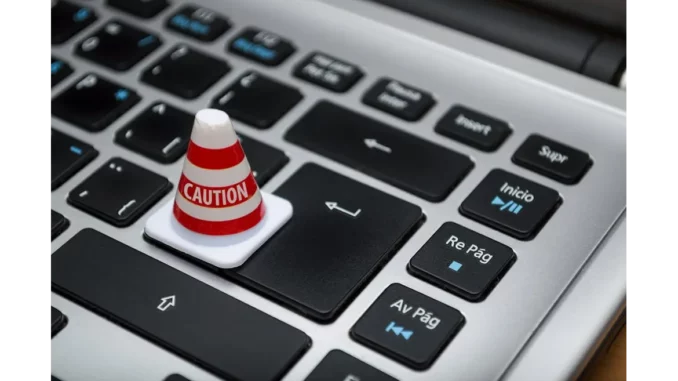
In a digital world rife with cyber threats, ensuring the security of data has become paramount. Ransomware attacks have surged in recent years, leaving individuals and businesses scrambling to bolster their defences. In a bid to shed light on effective strategies for ransomware prevention, I sat down with Mark Davidson, a seasoned IT consultant with over a decade of experience in cybersecurity. Our conversation unravelled a wealth of insights into best practices for safeguarding data, and the importance of staying prepared.
Mark’s journey into the realm of cybersecurity began in an unexpected way. “I started out in a small IT firm, mostly handling network setups and troubleshooting,” he recounted with a chuckle. “But as cyber threats evolved, I realised there was a pressing need to focus on cybersecurity. It’s not just about fixing problems anymore; it’s about preventing them.”
One of the most critical points Mark emphasised was the necessity of maintaining an offline, encrypted backup of essential data. “Think of it as your digital insurance policy,” he explained. “Even if your primary systems are compromised, having a secure, offline backup ensures you can recover your data without succumbing to ransom demands.” He advised that these backups should be updated regularly to minimise data loss in the event of an attack.
When I asked about the best types of storage solutions for these backups, Mark didn’t hesitate. “A Network Attached Storage (NAS) device is an excellent choice,” he said. “They’re reliable, scalable, and can be configured to automatically back up data at regular intervals.” He mentioned that while the market is flooded with options, it’s crucial to evaluate products based on one’s specific needs. For those on a budget or setting up a home network, there are NAS drives that offer great performance without breaking the bank.
Mark’s advice on selecting a NAS drive was particularly insightful. “Look for a solution that supports encryption and has a robust security framework,” he suggested. “Even the best NAS drive is only as secure as its weakest link, so make sure it’s equipped with features like two-factor authentication and automatic firmware updates.”
Our discussion then shifted to the broader topic of ransomware prevention. “Education is key,” Mark asserted. “Most ransomware attacks start with phishing emails or malicious links. Users need to be aware of the signs and take precautions.” He recommended regular training sessions for employees to help them recognise potential threats and avoid risky behaviour online.
Another layer of defence Mark advocated for was the implementation of a comprehensive anti-virus and anti-malware programme. “These tools have come a long way,” he noted. “They not only detect threats but can also stop them in their tracks. Keep them updated, and they’ll serve as an invaluable shield against many forms of ransomware.”
Mark also highlighted the importance of maintaining strong, unique passwords across all platforms. “Password management tools can help, but users should also be encouraged to create complex passwords and change them regularly,” he advised. “And never reuse passwords across different sites or services.”
As our conversation drew to a close, I asked Mark about the future of ransomware and what individuals and businesses can do to stay ahead. “Stay informed and adaptable,” he replied thoughtfully. “Cyber threats are constantly evolving, and so should our strategies to combat them. The key is to remain vigilant and proactive.”
Mark’s insights served as a reminder of the ever-present threat of ransomware and the importance of a proactive approach to data security. By implementing these best practices, users can protect themselves from the potentially devastating impact of a ransomware attack.
In today’s digital age, it’s not just about having the best gadgets or software; it’s about being prepared and informed. Whether you’re a home user or a business owner, the advice shared by Mark Davidson provides a solid foundation for safeguarding your digital assets. Remember, prevention is always better than cure, especially when it comes to ransomware.
By Rhoda Pope

